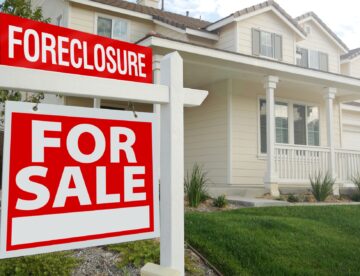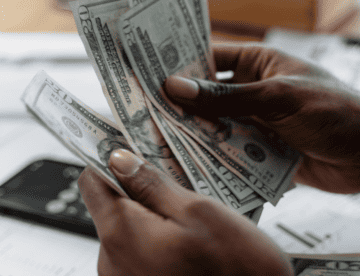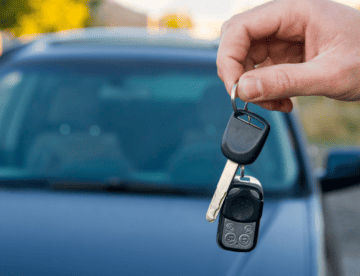
The Cost of Carrying Credit Card Debt Will Increase in 2022
If you’re one of the millions of US consumers who are using their credit cards to cover their purchases – be prepared for an interest hike.
During the pandemic, credit card holders paid off $83 million in debt, thanks to government stimulus checks and slower spending on discretionary purchases. However, credit card debt is creeping back up again. According to the Federal Reserve Bank of New York, credit card balances rose to $52 billion at the end of 2021 – which is the largest balance increase in more than two decades. This summer, credit card debt may hit an all-time record.
What’s causing these financial issues? Prices that consumers pay for everyday items have surged in the past few months. Housing, groceries, gasoline, and other necessities have all gotten exponentially more expensive. According to the Labor Department, these are price increases that US consumers haven’t seen since the late 1970s and early 1980s. Consumers are feeling cash-strapped and are using their credit cards to make ends meet.
However, at the same time that consumers are using their credit cards to cover their expenses, the Federal Reserve is raising interest rates. Financially, it’s an alarming combination.
The Federal Reserve has committed to help settle inflation by raising interest rates. It’s expected that the Fed will soon announce an aggressive plan, anywhere from a 25 to 50 basis point hike (one basis point equals an 0.01 percentage point increase). Because many credit cards have variable interest rates, that means that if the Federal Reserve’s rate rises, credit cards will follow suit. Cardholders could see that financial impact within one to two billing cycles. In other words, any consumer who carries a balance on their credit card – they would soon be paying even more in interest charges.
Say, for example, you have a credit card balance of $5,525 (the average consumer balance, according to Experian). Credit card holders are currently paying an average annual interest rate of about 16.38%. As the Federal Reserve raises interest rates, consumers could be paying as much 18.5% on their credit card balance by the end of 2022. That means the average credit card holder would be paying an additional $885 in interest charges (based on minimum payments to a $5,525 balance).
Financial experts are advising consumers to pay down their credit card debt as soon as possible – before it gets more expensive. Credit card holders may want to consolidate and pay off any high-interest cards, ask the card issuer for a lower rate, or switch to an interest-free balance transfer credit card.
For those who are facing financial hardship and overwhelming credit card debt, another option is filing for bankruptcy. With Chapter 7 bankruptcy, a person can eliminate their unsecured debt without the need to repay creditors. Unsecured debt is any debt that does not involve property, such as a house or a vehicle. Chapter 7 bankruptcy can help you discharge debt, including credit cards, medical bills, unsecured loans, rent on prior apartments, and unsecured bank loans. This form of bankruptcy is for debtors who have little to no disposable income and do not have assets that cannot be exempted. It’s a way to eliminate credit card debt and to rebuild finances without the burden of overwhelming bills.
Contact the Bankruptcy Experts at Burrow & Associates
If you are currently facing significant debt and want to explore your options, please contact Burrow & Associates. Our team of bankruptcy experts can discuss which options are best for you and your family. You can reach us by calling (678) 323-2394 or visiting our website. We offer free consultations and will file your bankruptcy for no money down.









